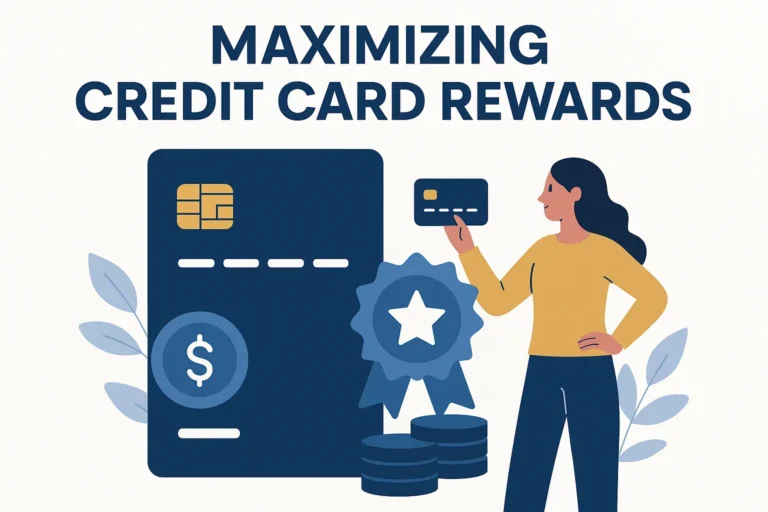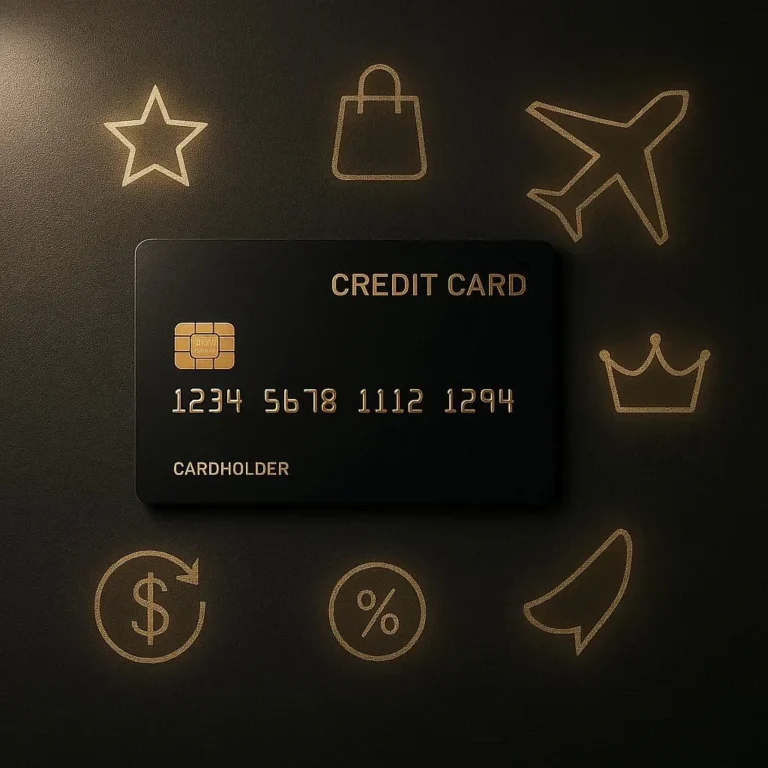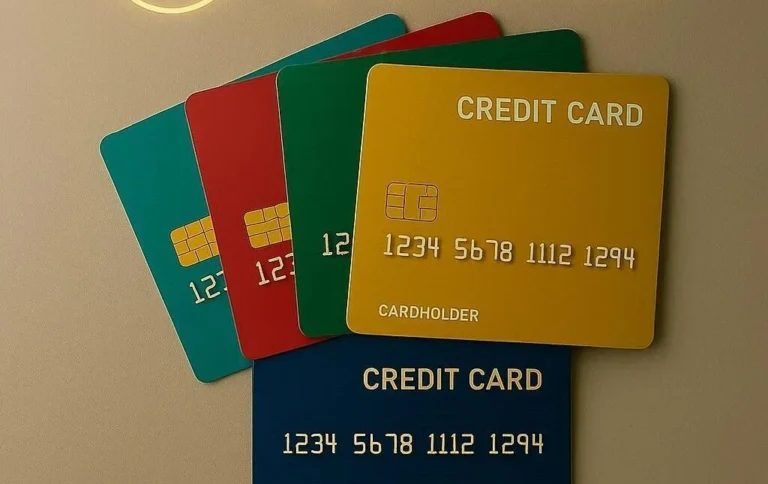Credit Card Categories and Cashback
Credit cards in India are broadly designed around how benefits are delivered—cash in hand, travel value, or business utilities. Choosing between cashback, travel miles, and business cards depends on spending patterns, goals (savings vs. travel vs. operations), and comfort with tracking rewards. Below is a clear, practical guide to each category, including who should choose which, key features, and optimization tips.
Cashback credit cards
Cashback cards return a percentage of eligible spends as statement credit or wallet credit, delivering simple, guaranteed savings. They’re ideal for users who prefer straightforward value without managing complex reward catalogs or conversions.
- How they work: Earn flat or category-based cashback; some cards credit automatically each cycle, while others require redemption through the app/portal.
- Typical structure: Higher cashback on specific categories (e.g., groceries, dining, fuel, utilities, app spends) and a lower base rate on other spends.
- Caps and exclusions: Monthly caps, minimum transaction thresholds, and category exclusions (like rent, wallet loads, EMIs) are common—always check terms.
- Fees vs. value: Ensure annual fee is offset by expected cashback based on real monthly expenses.
Optimize cashback:
- Match the card to actual bills (utilities, groceries, fuel, food delivery, online shopping).
- Track category caps and plan spends to capture full benefits each month.
- Avoid revolving balances; interest quickly wipes out cashback value.
Best for: Households and salaried users seeking predictable savings on routine expenses with minimal management.
Travel miles credit cards
Travel cards earn reward points or airline/hotel miles that convert into flights, upgrades, hotel nights, or travel vouchers. They offer outsized value when points are redeemed strategically, especially with partner programs.
- How they work: Earn points per rupee, with accelerated earn on travel partners, airline portals, or category promos. Convert to miles or redeem via issuer portals.
- Benefits: Airport lounge access (domestic/international), low/discounted forex markups, travel insurance, concierge, priority services, and milestone bonuses.
- Value variables: Point earning rate, transfer partners, conversion ratios, redemption availability, and taxes/surcharges on award bookings all affect net value.
- Fees vs. perks: Annual fees are higher; value comes from regular travel, lounge usage, smart redemptions, and milestone/partner bonuses.
Optimize travel rewards:
- Concentrate spends to achieve milestone bonuses and higher-tier redemptions.
- Use transfer partners where point value is higher than gift cards or low-value catalog items.
- Time redemptions during award sales or lower-tax routes; avoid last-minute redemptions with high surcharges.
Best for: Frequent travelers, those comfortable tracking points and promotions, and users who can plan trips around high-value redemptions.
Business credit cards
Business cards are designed for proprietors, freelancers, startups, and SMEs who need expense control, working capital flexibility, and GST-friendly billing.
- Expense management: Employee add-on cards with custom limits, category controls, and consolidated GST-compliant statements for accounting and claims.
- Rewards and savings: Category-tilted earn on business spends—cloud/software, ads, fuel, travel, utilities—plus vendor offers and negotiated partner benefits.
- Cash flow tools: Higher credit limits, billing cycle alignment, EMI options, and sometimes preferential pricing on business services.
- Controls and security: Per-transaction caps, merchant category restrictions, and real-time alerts for better risk management.
Optimize business cards:
- Issue add-on cards to teams with role-based limits and MCC restrictions to reduce leakage.
- Align the billing cycle with cash inflows; use mid-cycle payments to smooth utilization.
- Track vendor/partner deals (cloud, logistics, advertising) to reduce operational costs.
Best for: Proprietors and SMEs needing structured expense control, higher limits, and GST-ready statements, with rewards tuned to business categories.
How to choose the right category
- Prefer simple savings with no tracking? Choose a cashback card.
- Travel often and can plan redemptions? Choose a travel miles card.
- Running a business or team with recurring operational spends? Choose a business card.
Fees, limits, and fine print to review
- Annual/joining fees: Ensure projected savings or travel value exceed the fee; check spend-based waiver thresholds.
- Category caps/exclusions: Confirm monthly caps align with actual spend and verify excluded MCCs (wallet loads, rent, fuel, education, government payments, etc.).
- Forex and travel terms: For travel cards, check forex markup, lounge access limits, and insurance coverage specifics.
- Redemption friction: Complex catalogs or poor point value reduce real returns; prefer transparent portals and easy conversions.
Universal best practices
- Pay in full by due date to preserve interest-free days and avoid high finance charges.
- Keep utilization under 30% (ideally 10–20%) to support a stronger credit score.
- Turn on transaction alerts, set per-transaction/daily limits, and keep international/contactless usage off unless needed.
- Time large purchases before the statement cut and use mid-cycle payments to manage reported balances.
- Avoid cash advances; they incur immediate interest and fees without a grace period.
Example setups
- Everyday saver: Category-based cashback card for utilities, groceries, fuel; optional no-fee rewards card for general spends.
- Frequent traveler: Airline/hotel-partnered rewards card with lounge access and lower forex markup; use miles for flights and keep a small cashback card for non-bonus spends.
- SME owner: Business card with add-on controls, GST-compliant statements, and partner discounts; align cycles and set limits per employee.
Bottom line: Cashback delivers clear monthly savings, travel miles unlock premium travel value when managed well, and business cards streamline expenses and cash flow. Pick based on real spending patterns, confirm that benefits exceed fees, and follow disciplined repayment to maximize long-term value.





